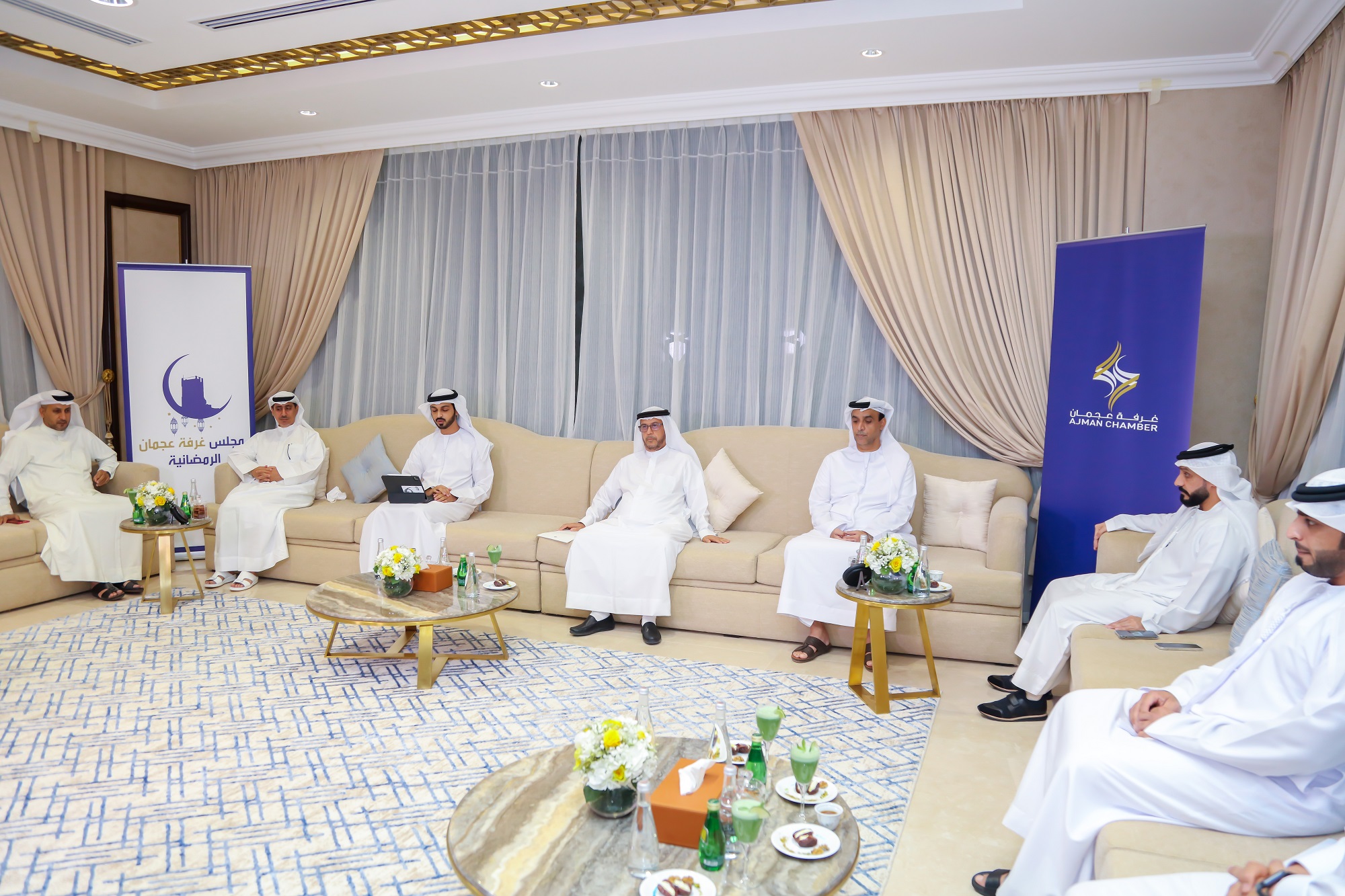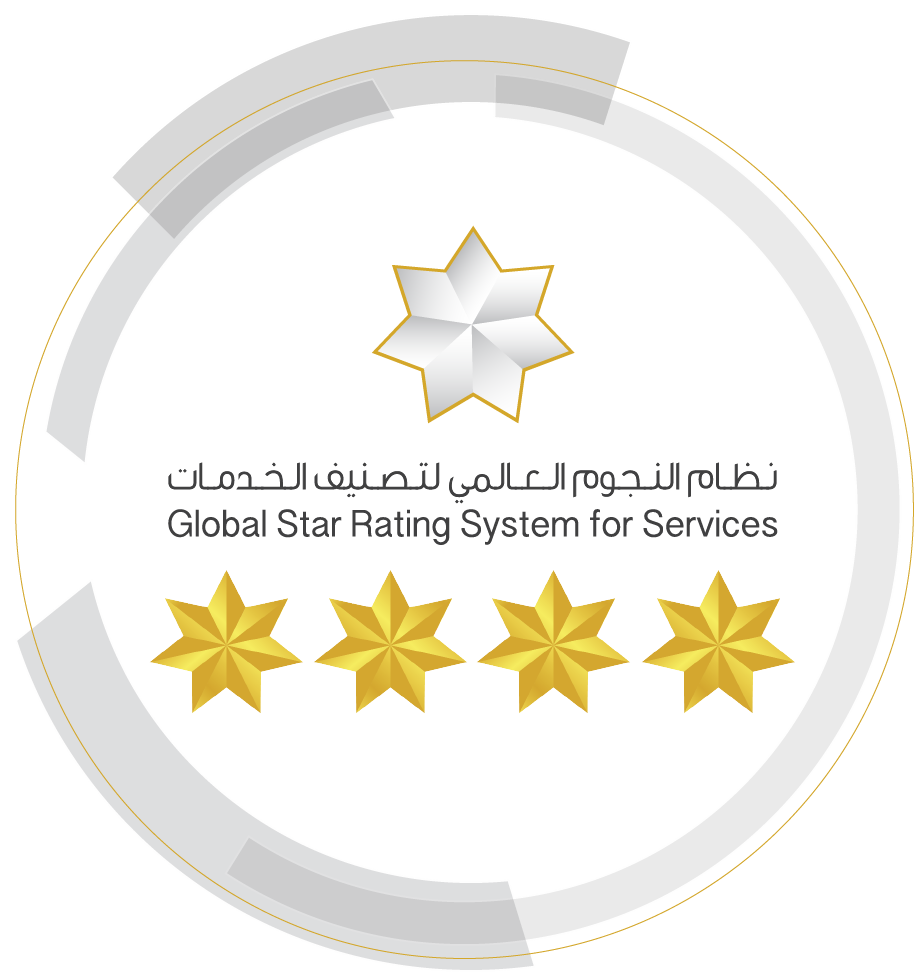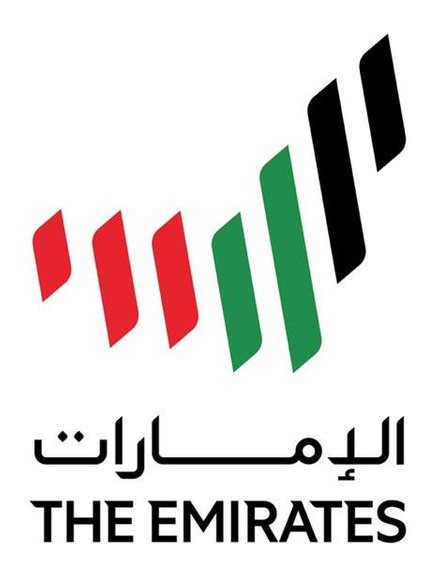Acci Organised An Industrial Ramadan Majlis Hosting Elite Of Speakers
Date: 01/05/2021

The Ajman Chamber of Commerce and Industry (ACCI) organized an industrial Ramadan Majlis themed "Industry in the UAE…Opportunities and Enablers" in the presence of H.E. Abdullah Al Muwaiji - Chairman of the Ajman Chamber, to discuss developments in the industrial sector in the country and its future map. Present were Omar Suwaina Al Suwaidi, Undersecretary of the Ministry of Industry and Advanced Technology, Mohammed Ali Al Janahi, Acting Director General of the Ajman Chamber, Abdullah Al Hamrani, Director General of the Department of Economic Development in Ajman, Ali bin Tuwaih Al Suwaidi, Director General of the Ajman Free Zone, and Walid Hareb Al Falahi, CEO of Dubai Consulting, Ahmed Abu Salim - Head of International Export-the Emirates Float Glass, along with representatives of government entities and industrial establishments. The Majlis was moderated by the media Mohammed Al Ka’abi. Held at Ajman Entrepreneurship Centre, the Majlis was "hybrid" to allow as many as stakeholders and concerned bodies to attend remotely through visual communication technology. Opening the Majlis, Al Muwaiji welcomed the attendees and stressed its importance to exchange views and proposals on the developments of the industrial sector in the country and its future map as well. It serves as the main sector in the growth of the national economy, he added The Majlis would further highlight the industrial opportunities and enablers in the UAE, and the industrial components and opportunities provided by the government, Al Muwaiji said. He also noted noting that it would also help explore the next stage of the national industry, especially after the launch of the “Operation 300bn” by His Highness Sheikh Mohammed bin Rashid Al Maktoum, Vice President and Prime Minister of the UAE and Ruler of Dubai. That national strategy aims at increasing the contribution of the national industrial sector to the GDP to Dhs300 billion by 2031, he added. Al Muwaiji also stressed the importance of economic diversification depending on the state’s strategy to diversify income. He pointed out that the industrial sector’s share in the country's non-oil GDP reached 12 per cent during 2019, explaining that the pandemic emphasized the importance of relying on local industry to meet the local needs, and the need for industry to rely on innovation, creativity and advanced technology. He continued, “The emirate of Ajman owns a pioneering industrial sector that contributes to the emirate’s GDP by 32 per cent, according to the statistics of the 2019. The emirate has 966 industrial establishments, where mineral manufacturing tops the industries, followed by F&B, then chemicals and refined petroleum products, rubber and plastic products, wood and cork products, furniture, textiles and garments, paper products, electrical equipment and others.” For its part, the ACCI is considering the establishment of a multi-storey industrial building to support entrepreneurs and create means and tools to attract those interested in industrial activity, especially citizen entrepreneurs. This aims at reviving the local industry and providing new job opportunities in line with the country’s directions and the Ajman vision, Al Muwaiji added. He said, "Under the directives of His Highness Sheikh Humaid bin Rashid Al Nuaimi, Supreme Council Member and Ruler of Ajman, and Sheikh Ammar bin Humaid Al Nuaimi, Crown Prince of Ajman and Chairman of the Executive Council, the Ajman Chamber established the Ajman Entrepreneurship Centre as an incubator for the launch of entrepreneurship projects, particularly the industrial ones.” “The industrial sector in the country depends on the efforts of financing institutions and banks to provide incentive financing packages to support existing industrial establishments and to attract those interested in industrial activity. The best example is the Emirates Development Bank’s strategy with a financing portfolio of Dhs30 billion, that has been adopted by the government to provide supportive financing solutions and enablers for SMEs with a vision to boost the national economy and create new job opportunities,” he said. He added, “The national initiatives in support of the development of the national economy translate the leadership’s striving to advance the industry to become in the forefront regionally and globally, through targeting future industrial areas that depend on knowledge, creativity, innovation and the use of artificial intelligence.” For his part, Omar Suwaina Al Suwaidi, affirmed that the "Operation Dhs300 billion”, is an integrated national project to keep pace with the next fifty years through a comprehensive development of the industrial system that supports opening channels for Emirati products in the markets and links the industrial institutions in the country to scientific research centers and innovation incubators. He also reviewed the strategic objectives of the Ministry and its ability to make a qualitative leap in the UAE industrial sector, as the strategy stems from the principle of supporting comprehensive economic development at the level of the UAE, where industry serves as a fundamental pillar. He further explained that the Ministry currently adopts three national priorities, to develop the industrial base in the UAE, to enhance the national value added of the industrial sector, and to strengthen the competitiveness of national industries in global markets. “These priorities focus on several axes, most notably the distinguished existing industries such as petrochemicals, chemicals, heavy industries (such as steel and aluminum), defense industries, electrical appliances, machinery and equipment, food security industries such as dairy products, poultry and agricultural technology, and future industries such as space, hydrogen, sustainable products and pharmaceutical products. (medicines, vaccine) and medical devices and equipment,” he added.


